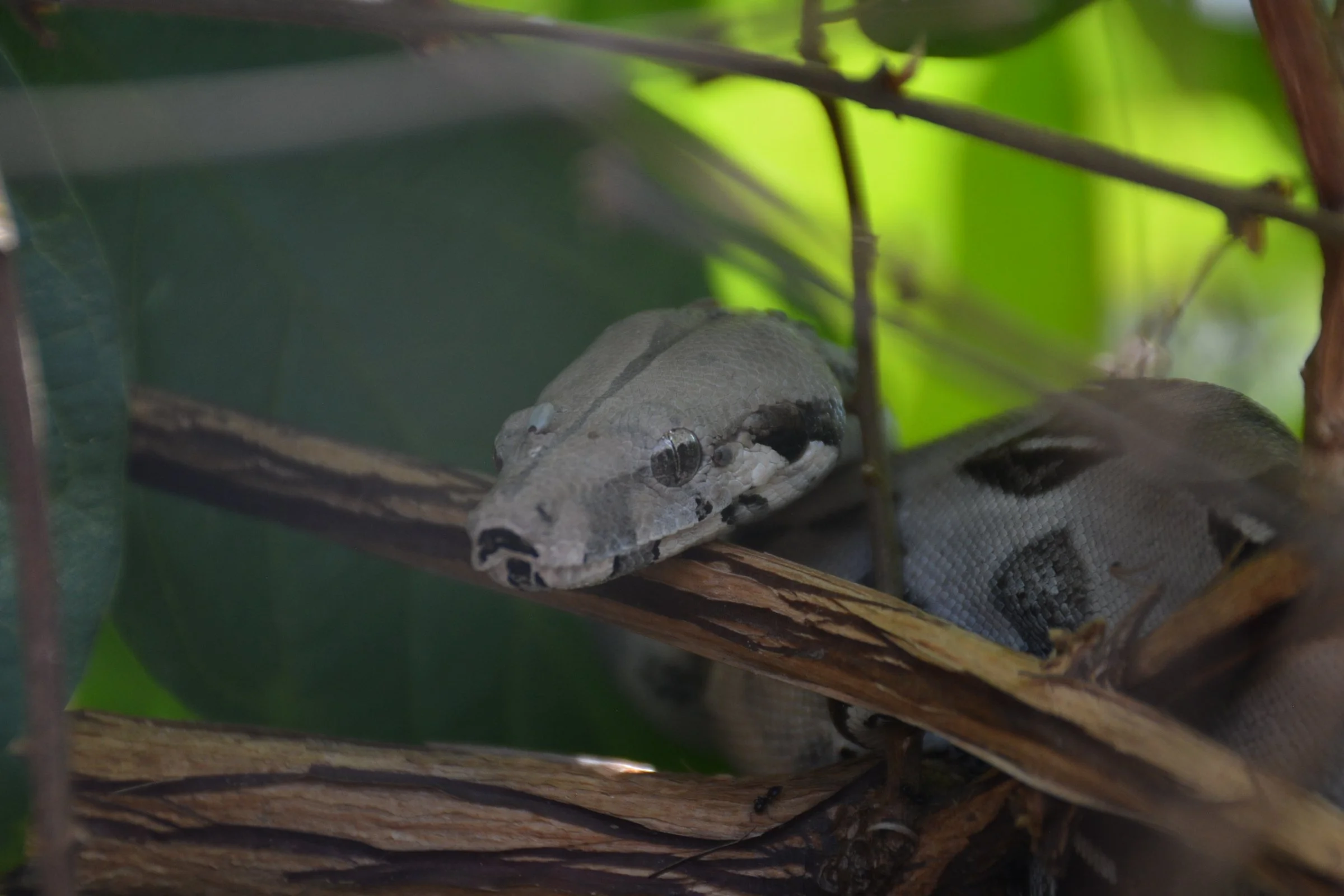
Wildlife Crimes
Illegal Human-Wildlife Conflict
Illegal human–wildlife conflict refers to the unauthorised harming, removal, or killing of wild animals due to perceived or actual threats they pose to crops, livestock, property, or human safety. Common illegal methods include poisoning animals, setting unauthorised lethal traps, shooting animals without permits, and capturing and removing wildlife unlawfully. In the Caribbean, these conflicts commonly occur near agricultural areas, rural settlements, forest-edge communities, and expanding urban development and often include such species as monkeys, parrots, reptiles, and wild pigs viewed as pests or competitors for resources.
The impacts of illegal human–wildlife conflicts are extensive, intersecting all five core CAR-WEN values. Biodiversity conservation suffers as wildlife populations, frequently including vulnerable or ecologically important species, are diminished through retaliatory or preventive actions. Animal welfare is severely compromised, as animals often experience prolonged suffering or injury from inhumane methods such as poisons or illegal traps. The absence of robust enforcement undermines the rule of law, eroding public trust in wildlife protection laws and weakening governance structures. Human well-being can be negatively affected, as unresolved conflicts exacerbate community tensions and livelihood pressures, particularly where effective conflict mitigation strategies are lacking. Additionally, these illegal actions pose public health risks by introducing hazardous substances like poisons into the environment, potentially contaminating water, soil, or food supplies.
While human–wildlife conflict is recognised globally as a challenging conservation issue, addressing its illegal dimensions within the Caribbean demands enhanced awareness, targeted training in humane conflict mitigation techniques, stronger enforcement mechanisms, and collaborative solutions sensitive to local ecological, social, and cultural contexts.
Related Blogs
Our blog section is growing. Check back soon for new posts related to this topic.
